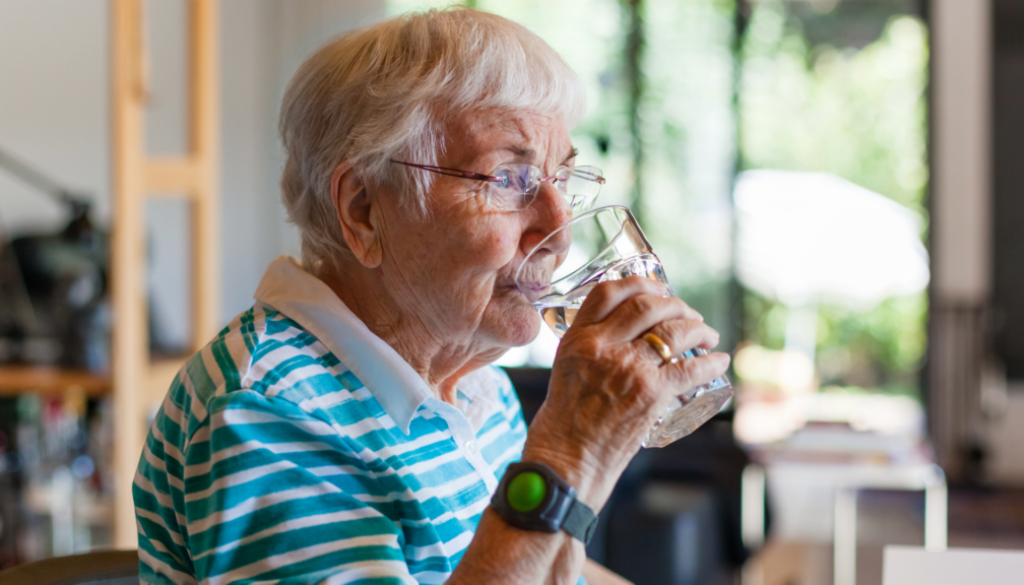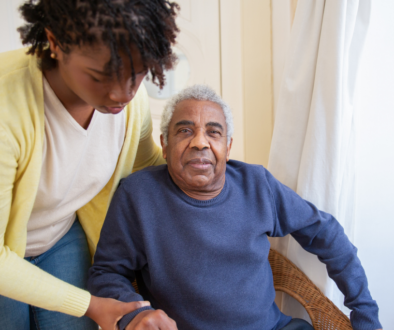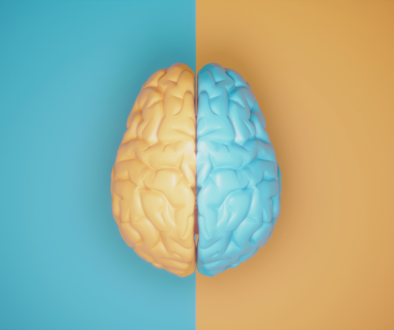Summer Tips for Dementia Care: Stress Management and Staying Hydrated
Hello, LifeCare Memory Partner members! Welcome to summer.
Study Shows Online Program Reduces Stress of Caregivers
A recent article in Science News talks about a study recently published in the Journal of Applied Gerontology that a 9-week online stress management intervention program for family caregivers is proven to reduce stress. The Stress-Busting Program for Family Caregivers TM was “specifically designed to help family caregivers with managing their own stress when caring for older adults living with dementia or a chronic illness.” The study states that the program has been proven to reduce burden score by 15% for 97 family caregivers (who participated in the study) of loved ones living with dementia.
The program focuses on education and strategies to manage stress when caring for someone living with a dementia-related illness.
Click here to learn more about the Stress-Busting Program for Family Caregivers TM.
Click here to read the Science News article.
Click here to read an overview of the program on the National Council on Aging’s website.
Click here to read the entire study article.
Hydration is Essential for People Living with Dementia
If the last few days are any indication, it’s going to get hot – really hot – this summer. We wanted to provide a few tips for caring for your loved one during the dog days of summer.
Dehydration is a common challenge for older adults, especially those living with a dementia-related illness. Because of memory issues, your loved one can easily forget to drink enough water throughout the day. The part of the brain that sends the message to let you know you are thirsty doesn’t always work properly in people living with dementia. Not to mention, some medications can make dehydration worse.
Make sure that water is easily accessible for your loved one. Leave a jug or insulated mug/cup with cool water nearby so they can reach it easily.
Take time to share a drink with your loved one. It will benefit both of you during the hotter months.
Provide reminders. Leave notes around the house, or set phone, Alexa or alarm clock reminders to regularly remind them to drink throughout the day.
Add some flavor. If your loved one doesn’t like the taste of water, try adding a water additive in a flavor they do like, or try coconut water instead of tap or bottled water.
If you notice any of the following symptoms, your loved one may be suffering from dehydration:
- Increased confusion compared to their typical behavior
- Dark colored and strong-smelling urine
- Dry lips and mouth
- Dizziness
- Headaches
- Fatigue
- Low urine output – less than 4x a day
If you notice such symptoms, encourage your loved one to drink immediately and seek medical help if needed. If the condition does not improve or worsens, seek immediate medical treatment at a hospital.





